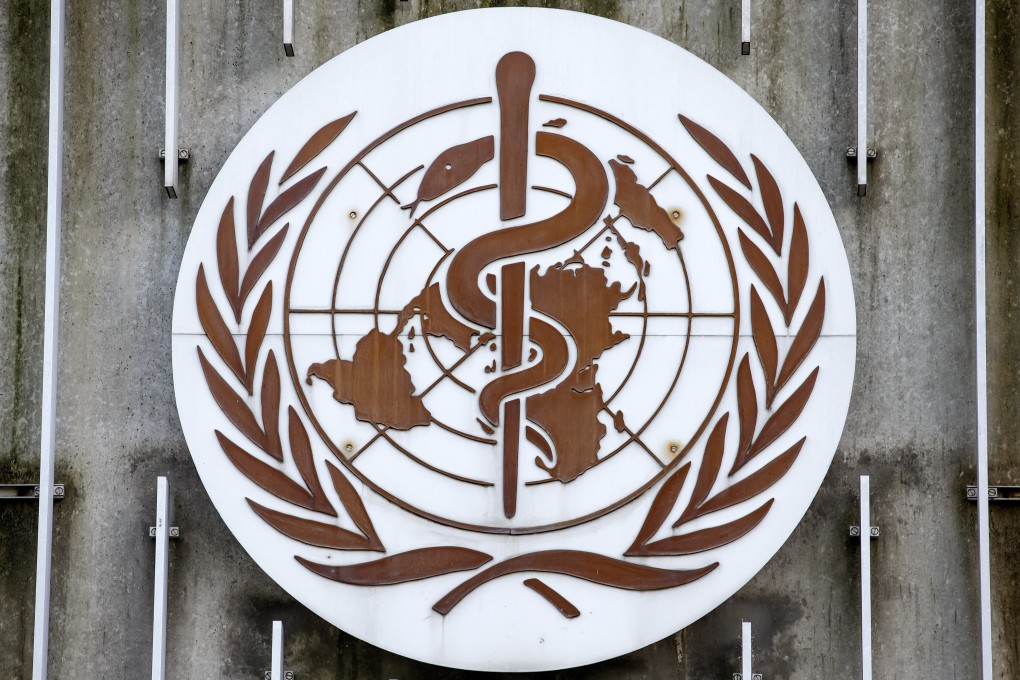Coronavirus: the cold, hard challenge of delivering vaccines
- Doses of two leading candidates in the race to develop a Covid-19 vaccine must be stored in low temperatures in the longer term
- It’s a big issue in countries with cold-chain infrastructure – let alone in places beyond those supply lines

In the last week, two front-runners in the vaccine race reported promising interim results from clinical trials. Both potential vaccines rely on a new technology that is easier to mass produce but comes with a downside – the doses must be kept at low temperatures for long-term storage.
The World Health Organization (WHO) plans to produce at least 2 billion doses of coronavirus vaccine by the end of 2021. And bilateral or advance purchase agreements amount to almost 8 billion doses.
Given the scale of demand and the kind of vaccine, exceptional efforts could be needed to get the doses to all corners of the globe, according to Leonora Lim, vice-president of life sciences and healthcare at DHL Customer Solutions and Innovation, Asia-Pacific.
DHL estimates that 200,000 pallet shipments, 15 million cool-box deliveries and 15,000 cargo flights will be required to transport the billions of doses needed around the world.
“With some of the Covid-19 vaccines expected to be transported at ultra-low temperatures, we may require extraordinary measures to reach people outside about 25 countries with the most advanced logistics systems, which are home to just one-third of the world’s population,” Lim said.